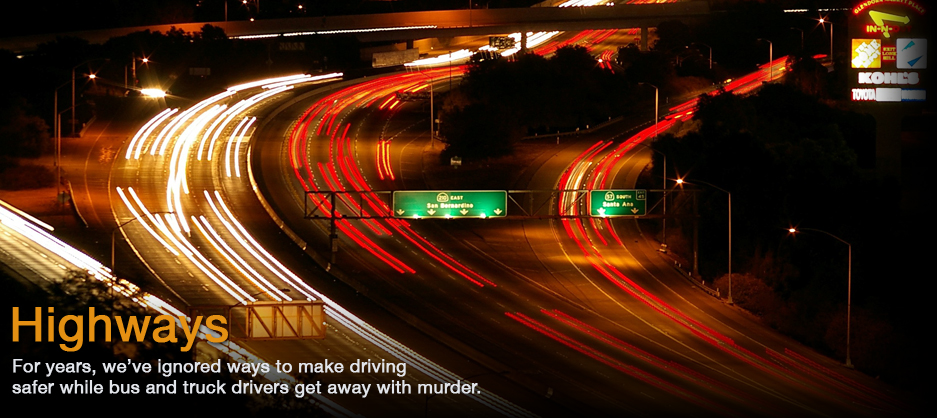Night Terrors
Five years after her father Keith O’Dell was killed by Shaw on the mountain road in Utah, 23-year-old Megan O’Dell still has recurring “night terrors.”
She dreams she’s on the side of the road, witnessing the accident. She can’t move. She’s paralyzed. She can’t help her dad.
Sometimes Megan dreams that she is Shaw and that she is causing the accident that killed her dad.
Once her husband awakens her, she can’t stop crying. Sometimes she weeps for 30 minutes in his arms.
Before her father was killed, Megan used to text behind the wheel. But that changed after the accident. She even threw a friend’s Blackberry out the window because the friend was texting while driving.
The friend got upset.
“What did you do that for?’’ she asked.
“Out of all the stupid things you could do with me in the car …,’” Megan answered.
Megan’s wedding was bittersweet. “I didn’t have my dad to walk me down the aisle … I got that taken away from me,” she said.
When Megan feels depressed she visits her dad’s grave. Etched onto the light brown gravestone is a picture of a rocket and the words: “He could do anything.”
Still, Megan said she has forgiven Shaw.
It didn’t happen overnight. A few years after the accident, she realized her father wouldn’t want her holding a lifelong grudge. He would want Megan to move on.
Struggling for a ‘Normal’ Life
These days, Reggie Shaw works at a catering company in Salt Lake City while he finishes an associate degree in English at Salt Lake Community College. At 24, Shaw looks like a typical college guy, except that he wasn’t texting furiously during a lunchtime interview with a reporter at a Salt Lake café.
His black Samsung phone was shut off and rested in his pocket.
When he gets in the car, he said, he turns the phone off and places it in the glove box or center compartment. It helps focus his attention on the road. He would “never even consider” using his phone in the car now, he said.
Dressed in a T-shirt and jeans, Shaw is tall and fit, with a neatly trimmed goatee. On his right wrist he wears three bracelets. One reads: Don’t Drive InTEXTicated. Another reads: Choose Courage. The third reads: Be Your Best Behind The Wheel, Survive The Drive.
“I’m just trying to live a normal life, but at the same time I’m trying to help people learn from what I did, and that’s something that I will continue doing no matter what,” he said.
But he’s facing a new normal. For a while, before his crimes were expunged, he was turned down for several jobs because of his misdemeanor convictions.
He stays away from Cache County where the accident took place.
“It’s not something you want to be known for, to go to places and have people say, ‘You’re the person that killed two people,’” he said.
Some days, he wakes up depressed.
He doesn’t want to get out of bed. He doesn’t want to talk. He just wants to lie there, he said, and feel bad about himself.
During the first six months after the accident, he recalled, he stayed in his bed a lot and wouldn’t answer his phone.
It didn’t help.
What helps is having students approach him after a speech to tell him he changed their lives.
But those are just moments.
“It’s hard every day,” Shaw said.
He paused and steadied his voice.
“I don’t know if I’ll ever feel peace, completely, for what happened. The hardest thing is knowing that it didn’t have to happen. I think about it every day. And it’s so difficult.”


 In No Shape to Drive
In No Shape to Drive